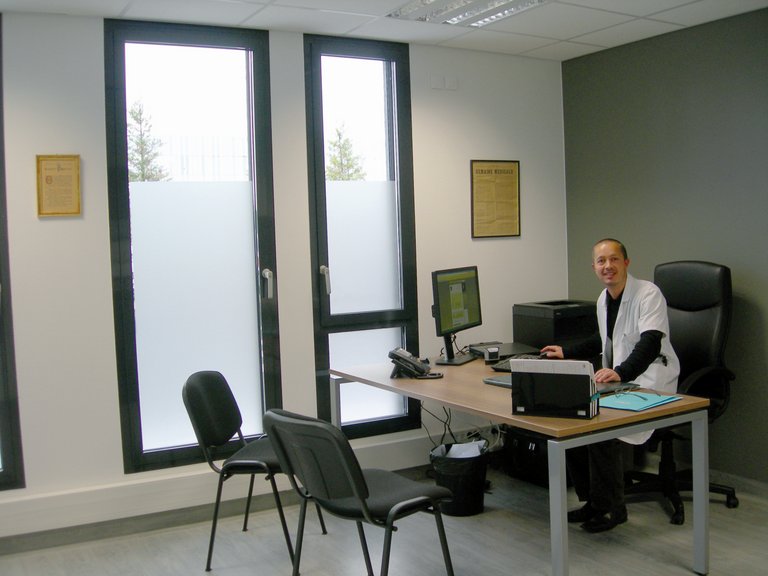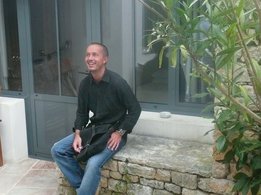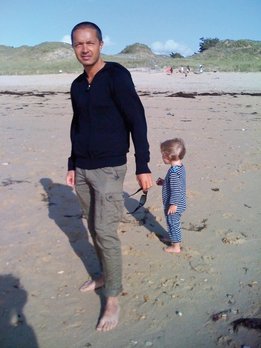Medicine has always been Dr. Raphael’s calling. “I grew up in a medical household,” he tells us. “My father was a professor of intensive care medicine. My whole life, I wanted to follow in his footsteps. So after finishing school, I studied at the medical faculty of the Pitié Salpêtrière teaching hospital in Paris, and graduated in 1996. My father was and is my role model – I’ve always tried to live up to his sense of integrity and ethics.”
Even before qualifying, Dr. Raphael says he quickly realized that monitoring patients on a long-term basis was what he really wanted to do. “One of the main motivators in my career has always been my desire to help patients become strong individuals. I strive to do this by providing them with expert support, and by accompanying them and their families on the dialysis journey to become more involved and active. During my research year, I spent time covering shifts at Lagny polyclinic, specializing in nephrology. I was immediately struck by the caring, professional, and highly responsible approach of the nephrology team. So I returned to Lagny and joined the team in January 2001, with the specific aim of working on illness prevention in nephrology.”
Now, a decade later, Dr. Raphael has a wealth of experience under his belt and is the hospital’s medical coordinator and president of its medical committee. “Our main objective at NephroCare Marne la Vallée dialysis centre is to develop strong relations with all of the hospital’s departments, especially internal medicine and cardiology. We also provide nephrology consultations to the rest of the hospital.”


